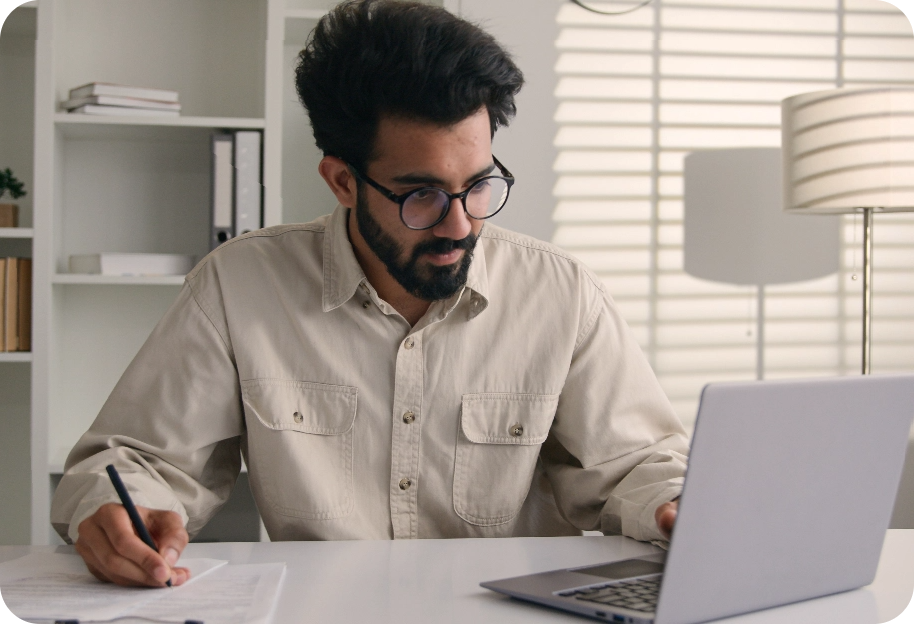Portuguese Classes with Native Portuguese Tutors
Our native-speaking qualified Portuguese teachers can guide you and your group at your work or home at whatever time is most convenient for you. Our Portuguese lessons can take place on any day of the week -even weekends-, whether it’s morning, afternoon or evening. If meeting at your office or home is not suitable, you can take your lessons at the trainer’s office. A suitable, up-to-date course book will be recommended by the teacher.

Reviews Of Our Portuguese Courses

The lessons are going as well as I expected. My work schedule has been very unpredictable at times but Ennio, my Portuguese teacher, has been patient with my scheduling needs. He is very good at providing written materials that I can learn on my own time.

My husband has a passion for the Portuguese language and culture and I wanted to get him a meaningful birthday gift. I sought to identify a class or tutorial and, as it is COVID times, I realized that he could work through Zoom with a teacher actually based in Portugal. The Language Trainers website was very well organized and when I reached out, the team responded immediately. The reviews were strong and the fees seemed very reasonable as compared to other companies. Most of all, my husband is enjoying the sessions with his instructor and learning a great deal. We have been very pleased with Language Trainers.



















